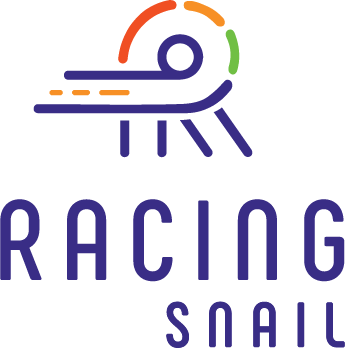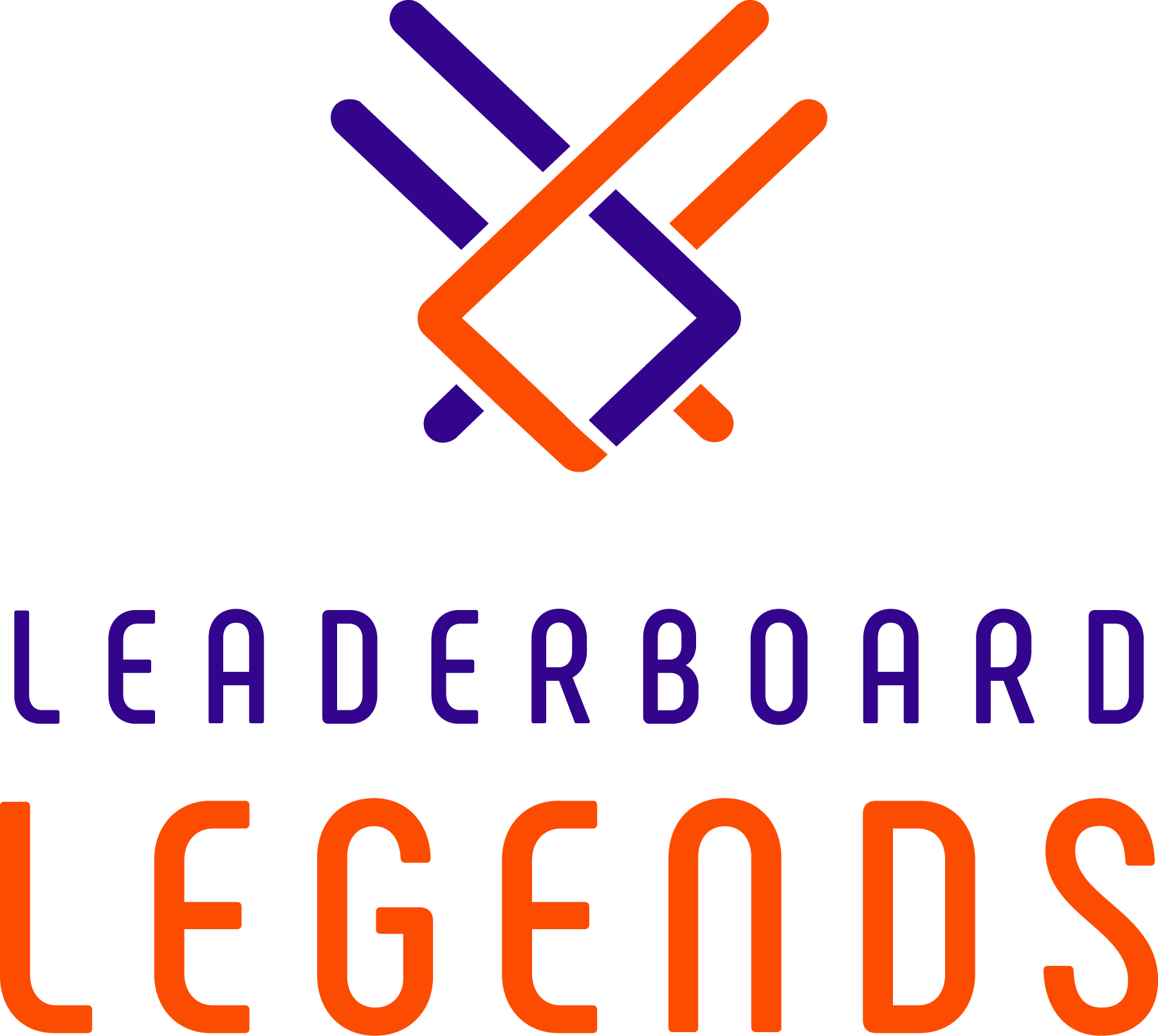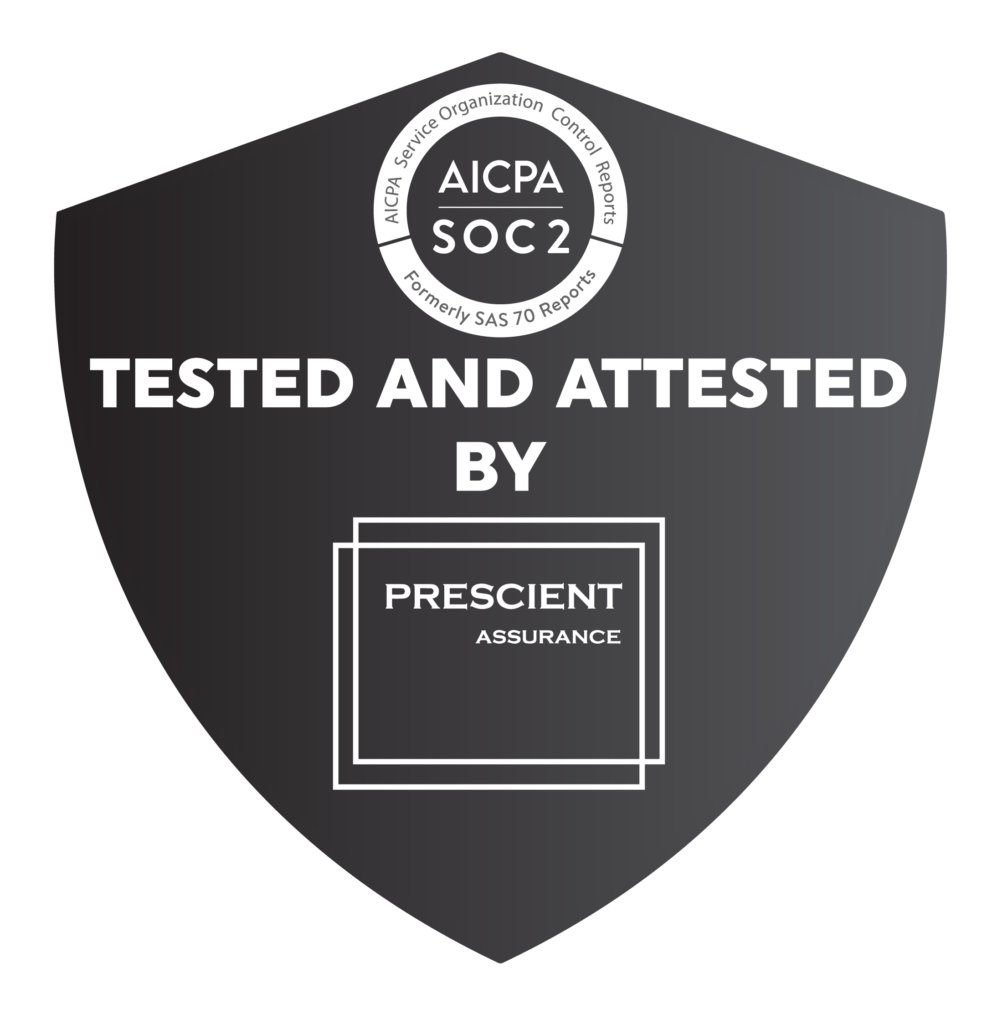- Products

Racing Snail
Move from managing to influencing. Ensure your team knows what they need to do, why they need to do it, and how they can get it done.

Leaderboard Legends
Leaderboard Legends drives team engagement by triggering both extrinsic and intrinsic motivators to highlight more reasons to achieve. Reason like personal accountability through…
- Solutions
Product Solutions
Mivation’s solutions are designed to work with all types of businesses. We have extensive knowledge in data integration. We’d love to talk more about how our solutions can fit with your industry.
- About Us
- Contact Us
- Login



